Home>Maintenance & Safety>Home Maintenance Checklists>What To Put In Trash Can To Prevent Maggots
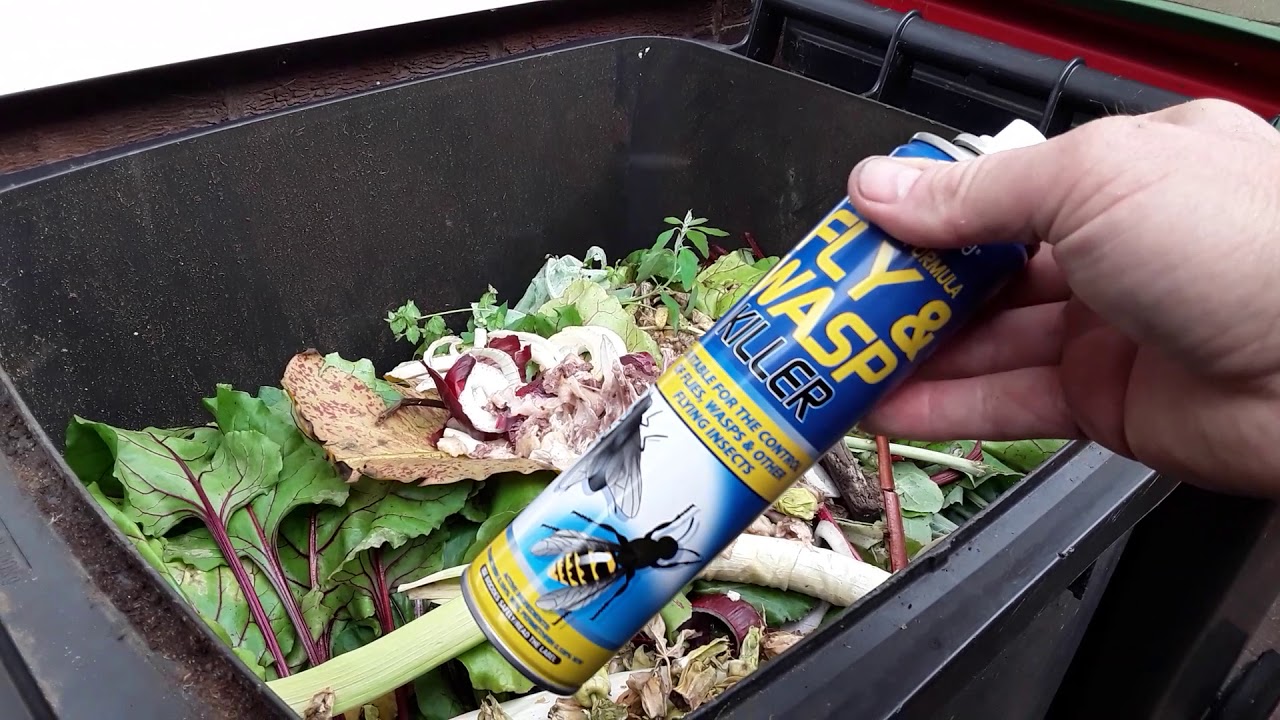

Home Maintenance Checklists
What To Put In Trash Can To Prevent Maggots
Modified: October 27, 2024
Prevent maggots in your trash can with these home maintenance checklists. Learn what to put in the trash can to keep maggots away. Keep your home clean and pest-free!
(Many of the links in this article redirect to a specific reviewed product. Your purchase of these products through affiliate links helps to generate commission for Storables.com, at no extra cost. Learn more)
Introduction
Welcome to the battle against maggots in your trash can! Dealing with these pesky little creatures can be a frustrating and unpleasant experience, but fear not, as there are effective strategies to prevent them from infesting your garbage. In this comprehensive guide, we will delve into the world of maggot prevention, providing you with valuable insights and practical tips to keep your trash can maggot-free.
Maggots are the larval stage of flies, and they thrive in warm, moist environments, making your trash can an ideal breeding ground. The sight of these wriggling creatures can be unsettling, and the thought of them multiplying in your garbage is certainly unwelcome. However, with the right approach, you can significantly reduce the likelihood of a maggot infestation, sparing yourself the hassle of dealing with a revolting situation.
In the upcoming sections, we will explore the factors that contribute to the maggot problem, identify the items that should never find their way into your trash can, and highlight the specific materials and methods that can effectively deter maggots. Additionally, we will share supplementary tips to bolster your defense against these unwelcome intruders.
By arming yourself with the knowledge and strategies presented in this guide, you can reclaim control of your trash can and bid farewell to the maggot menace. So, let's embark on this journey toward a maggot-free waste management experience, empowering you to maintain a clean and hygienic environment without the presence of these bothersome pests.
Key Takeaways:
- Keep perishable food items, soiled paper products, and pet waste out of your trash can to prevent maggots. Use sturdy trash bags, double-bag food waste, and clean the trash can regularly to deter flies and maggots.
- Enhance your defense against maggots by using tight-fitting lids, natural repellents, and freezing organic waste. Position your trash can in a shaded area and monitor its outdoor placement to minimize the risk of maggot infestation.
Understanding the Maggot Problem
Before delving into the preventive measures, it’s crucial to understand the underlying factors that contribute to the maggot infestation in your trash can. Maggots, the larvae of flies, thrive in warm and moist environments, making decomposing organic matter an ideal breeding ground. When food scraps, especially meat, dairy, and other perishable items, are disposed of in the trash can without proper containment, they create a hospitable environment for flies to lay their eggs.
Furthermore, inadequate waste management practices, such as infrequent trash disposal and improper sealing of trash bags, can exacerbate the problem. In warm weather, the decomposition process accelerates, creating a breeding ground for flies and subsequently maggots. Additionally, if your trash can lacks ventilation or is placed in direct sunlight, the heat generated can expedite the decomposition of organic waste, attracting flies and facilitating maggot infestation.
Understanding the life cycle of flies is also essential in combating the maggot problem. Flies undergo complete metamorphosis, progressing through the egg, larval (maggot), pupal, and adult stages. By disrupting any stage of this life cycle, you can effectively curb the infestation. Preventing flies from laying eggs in your trash can and eliminating the conditions conducive to maggot development are key components of a successful maggot prevention strategy.
By comprehending the environmental and behavioral factors that contribute to the maggot problem, you can adopt a proactive approach to mitigate these issues. In the following sections, we will explore the specific items that should be avoided in the trash can, as well as the materials and techniques that can be employed to deter maggots and maintain a clean waste management system.
Now that we have a solid grasp of the dynamics behind the maggot infestation, let’s move on to the crucial aspect of identifying what should not be put in the trash can to prevent these unwelcome visitors.
What Not to Put in the Trash Can
Preventing maggots in your trash can begins with being mindful of what you dispose of. Certain items are notorious for attracting flies and fostering the perfect conditions for maggot infestation. By avoiding these materials and adopting alternative disposal methods, you can significantly reduce the likelihood of encountering a maggot problem.
First and foremost, perishable food items such as meat, fish, dairy products, and leftover cooked meals should not be discarded directly into the trash can. These organic materials decompose rapidly, emitting odors that attract flies and provide an optimal environment for maggot development. Instead of disposing of these items in the trash can, consider composting them if feasible, or utilize a sealed container specifically designed for food waste disposal.
In addition to food waste, soiled or damp paper products, such as greasy pizza boxes, used napkins, and paper towels, should be kept out of the trash can. The residual food particles and oils on these items can entice flies and contribute to the decomposition process, creating an environment conducive to maggot infestation. It’s advisable to separate and recycle clean paper products while disposing of soiled or greasy items in a designated compost or organic waste receptacle.
Furthermore, pet waste, including soiled cat litter, dog feces, and used pet bedding, should not be discarded in the regular trash can. These materials contain organic matter that attracts flies and can lead to maggot infestation. Instead, consider utilizing biodegradable pet waste bags and disposing of the waste in a designated pet waste composter or utilizing a separate trash bin specifically designated for pet waste.
By exercising caution and refraining from disposing of these problematic items in the regular trash can, you can minimize the factors that contribute to maggot infestation. In the subsequent section, we will explore the specific materials and methods that can be employed to effectively deter maggots and maintain a clean and pest-free waste management system.
Now that we’ve identified what should be kept out of the trash can, let’s proceed to the essential aspect of determining what should be put in the trash can to prevent maggot infestation.
To prevent maggots in your trash can, make sure to tightly seal all food waste in a plastic bag before throwing it away. This will help to keep the maggots away.
What to Put in the Trash Can
Proper waste disposal plays a pivotal role in preventing maggot infestation in your trash can. By adopting appropriate containment and disposal practices, you can effectively deter flies and mitigate the risk of encountering a maggot problem. Here are the key materials and methods to consider when managing your trash:
- Use Trash Bags: Utilize sturdy, high-quality trash bags to contain your waste. Opt for bags with reliable sealing mechanisms to prevent odors from permeating and to deter flies from accessing the contents.
- Double-Bag Food Waste: When disposing of food scraps or perishable items, double-bagging can provide an additional barrier against odors and potential leakage. This extra layer of protection minimizes the likelihood of attracting flies and creating an environment conducive to maggot infestation.
- Seal Trash Bags Securely: Ensure that trash bags are tightly sealed before placing them in the trash can. This prevents odors from escaping and minimizes the risk of attracting flies.
- Regular Trash Disposal: Dispose of your trash regularly, especially perishable items and food waste. Frequent disposal minimizes the time available for decomposition and reduces the likelihood of attracting flies and maggots.
- Keep the Trash Can Clean: Regularly clean and disinfect your trash can to eliminate residual odors and food particles. Use a mild detergent or a mixture of water and vinegar to sanitize the interior of the can, effectively deterring flies and preventing maggot infestation.
By adhering to these practices and incorporating them into your waste management routine, you can create an environment that is inhospitable to flies and maggots. Effectively containing and managing your waste not only minimizes the risk of maggot infestation but also contributes to a cleaner and more hygienic living space.
Now that we’ve covered the essential materials and methods for preventing maggot infestation, let’s explore additional tips and strategies to bolster your defense against these bothersome pests.
Additional Tips for Preventing Maggots
In addition to proper waste containment and disposal, there are supplementary measures that can further fortify your defense against maggot infestation. These additional tips and strategies encompass proactive steps to maintain a clean and pest-free waste management system:
- Utilize Tight-Fitting Lids: Choose a trash can with a secure, tight-fitting lid to prevent flies from accessing the contents. This impedes their ability to lay eggs and reduces the likelihood of maggot infestation.
- Apply Natural Repellents: Consider using natural repellents, such as essential oils with strong insect-repelling properties, to deter flies from congregating around your trash can. Peppermint, eucalyptus, and citronella oils are known for their ability to repel insects and can be applied to the exterior of the trash can or incorporated into homemade repellent sprays.
- Install Fly Traps or Screens: Deploy fly traps or screens in the vicinity of your trash can to intercept and capture flies before they can lay eggs. These physical barriers help reduce the fly population and mitigate the risk of maggot infestation.
- Freeze Organic Waste: If feasible, consider freezing organic waste, such as meat scraps and food leftovers, before placing them in the trash can. Freezing inhibits decomposition and minimizes odors, thereby deterring flies and reducing the potential for maggot infestation.
- Monitor Outdoor Placement: Position your trash can in a shaded area to minimize exposure to direct sunlight, which can accelerate the decomposition of organic waste. Additionally, ensure that the can is placed on a level surface to prevent moisture accumulation and create an inhospitable environment for flies.
By implementing these supplementary measures in conjunction with proper waste containment and disposal practices, you can significantly enhance your ability to prevent maggot infestation and maintain a clean and pest-free waste management system.
Now that we’ve covered the additional tips for bolstering your defense against maggot infestation, let’s conclude our comprehensive guide with a recap of the key strategies and a final word on maintaining a maggot-free trash can.
Conclusion
Congratulations on completing this comprehensive guide to preventing maggot infestation in your trash can. By gaining a deeper understanding of the factors contributing to the maggot problem and implementing effective strategies, you are now equipped to maintain a clean and pest-free waste management system.
Throughout this guide, we’ve explored the dynamics of the maggot problem, emphasizing the importance of proper waste containment and disposal. Understanding the environmental conditions that attract flies and foster maggot infestation has empowered you to adopt proactive measures to mitigate these risks.
By being mindful of what not to put in the trash can, such as perishable food items, soiled paper products, and pet waste, you can significantly reduce the likelihood of attracting flies and encountering a maggot infestation. Additionally, by implementing proper waste containment and disposal practices, such as using sturdy trash bags, double-bagging food waste, and regularly cleaning the trash can, you can create an inhospitable environment for flies and maggots.
Furthermore, the additional tips and strategies provided in this guide offer proactive measures to fortify your defense against maggot infestation. From utilizing tight-fitting lids and natural repellents to freezing organic waste and monitoring the outdoor placement of your trash can, these supplementary measures enhance your ability to maintain a clean and pest-free waste management system.
By incorporating these strategies into your waste management routine, you can effectively prevent maggot infestation and enjoy a hygienic living environment free from the bothersome presence of these pests. Remember, maintaining a clean and pest-free trash can not only contributes to a healthier living space but also minimizes the inconvenience and unpleasantness associated with dealing with maggot infestations.
Armed with the knowledge and strategies presented in this guide, you are well-prepared to tackle the challenge of preventing maggot infestation in your trash can. By adopting a proactive and conscientious approach to waste management, you can ensure a cleaner, more hygienic living environment and bid farewell to the unwelcome presence of maggots in your trash can.
Thank you for embarking on this journey toward a maggot-free waste management experience. Here’s to a cleaner, pest-free trash can and a more pleasant living space for you and your household.
Frequently Asked Questions about What To Put In Trash Can To Prevent Maggots
Was this page helpful?
At Storables.com, we guarantee accurate and reliable information. Our content, validated by Expert Board Contributors, is crafted following stringent Editorial Policies. We're committed to providing you with well-researched, expert-backed insights for all your informational needs.
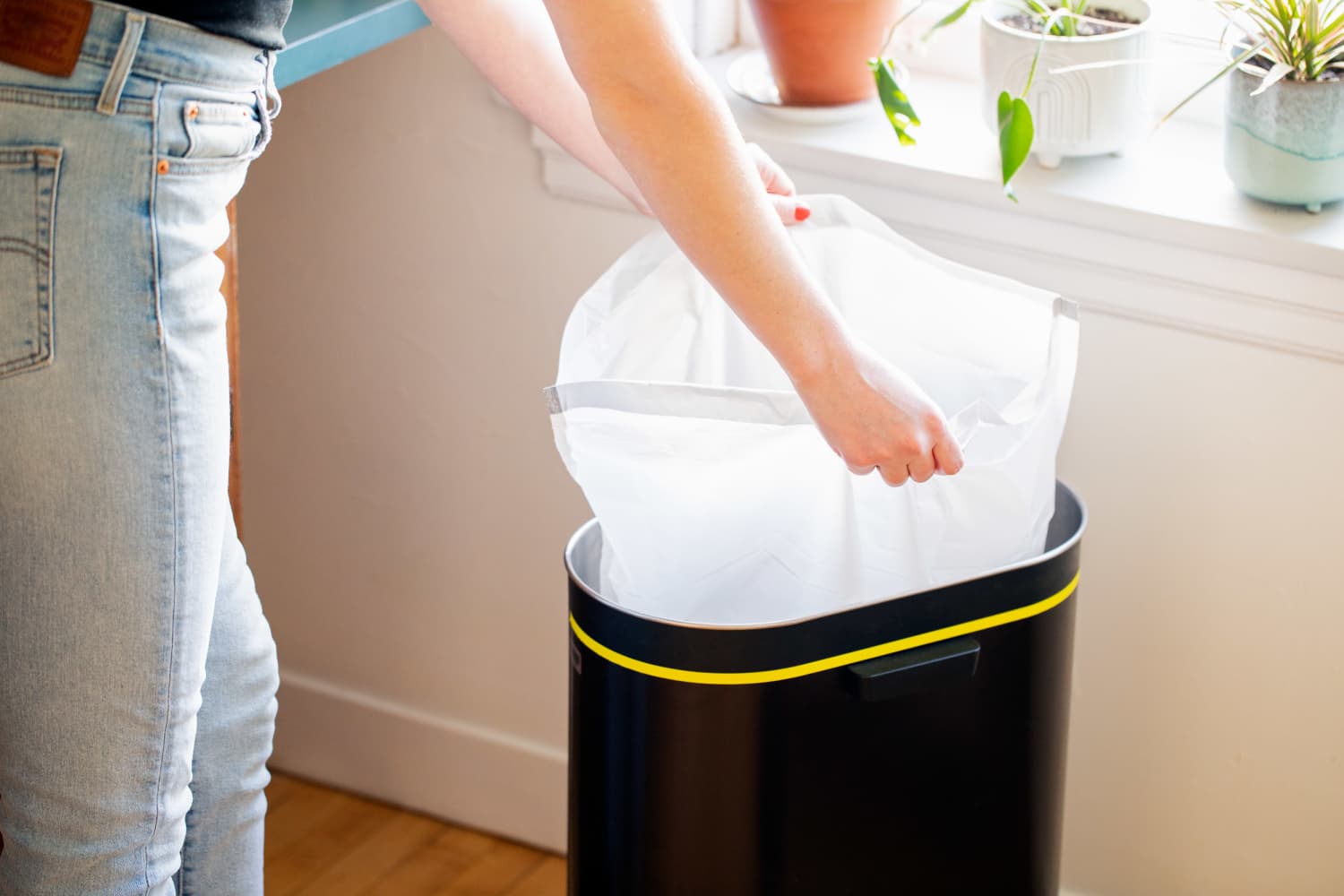
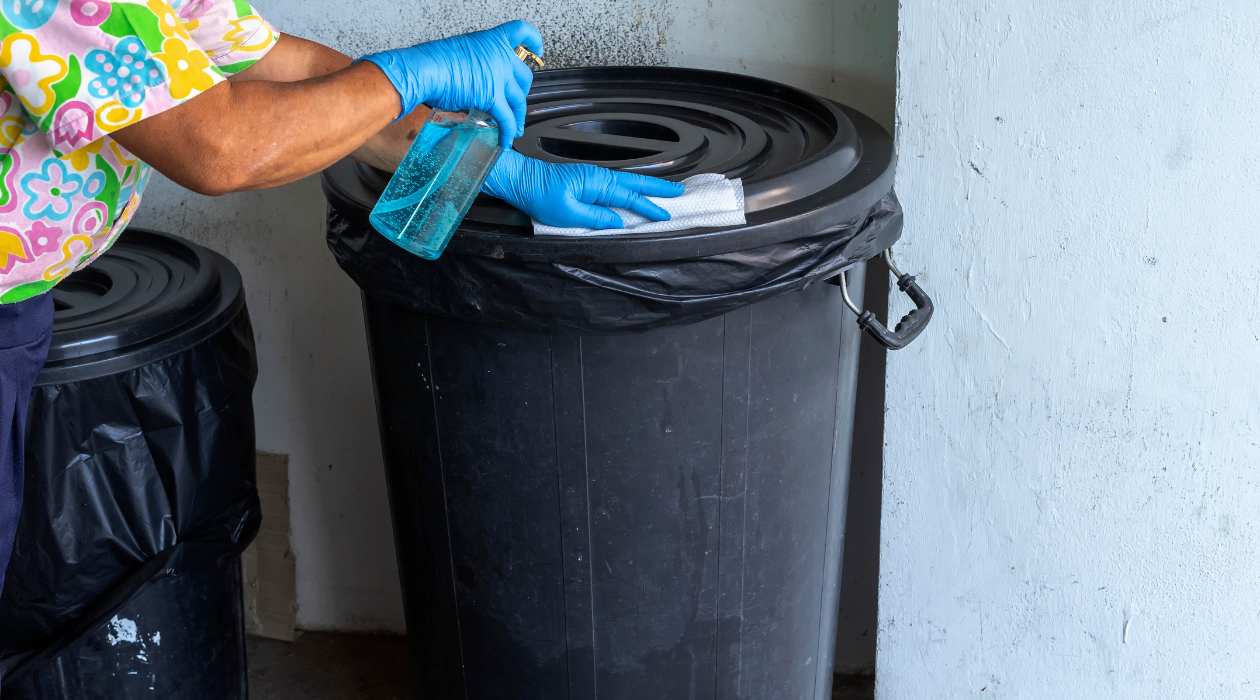

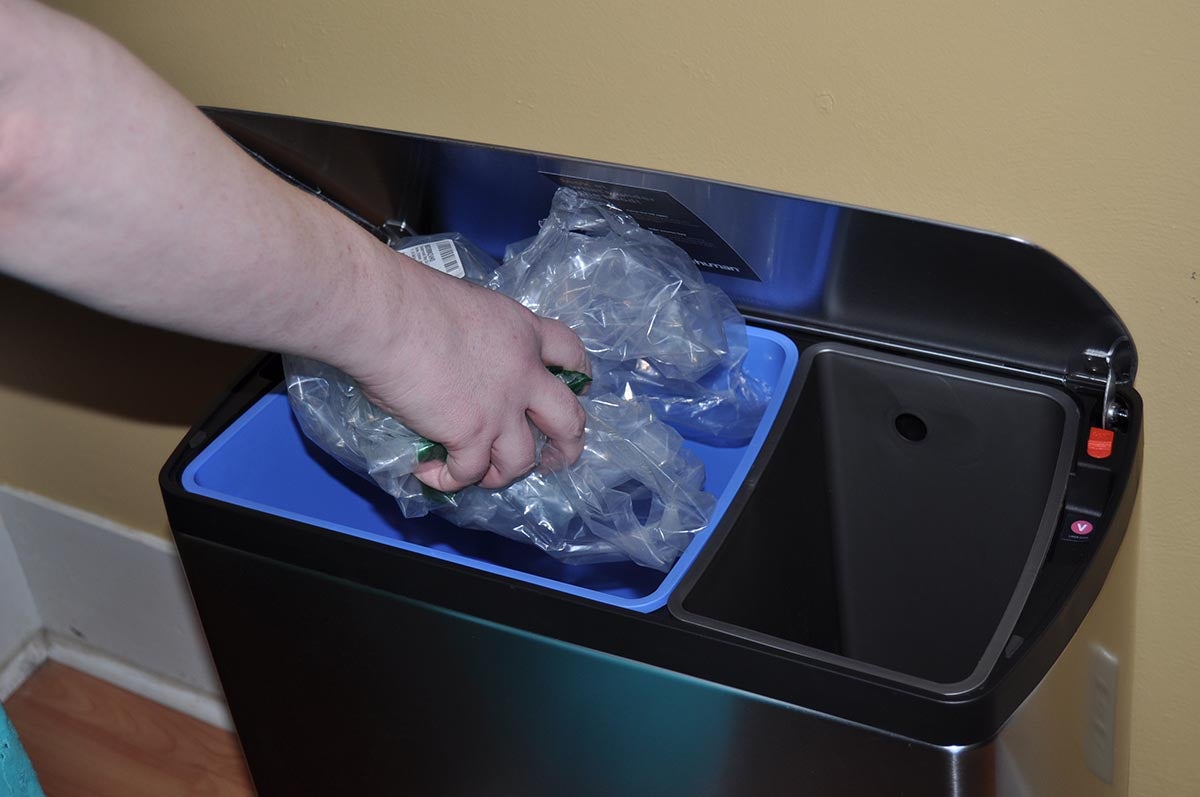
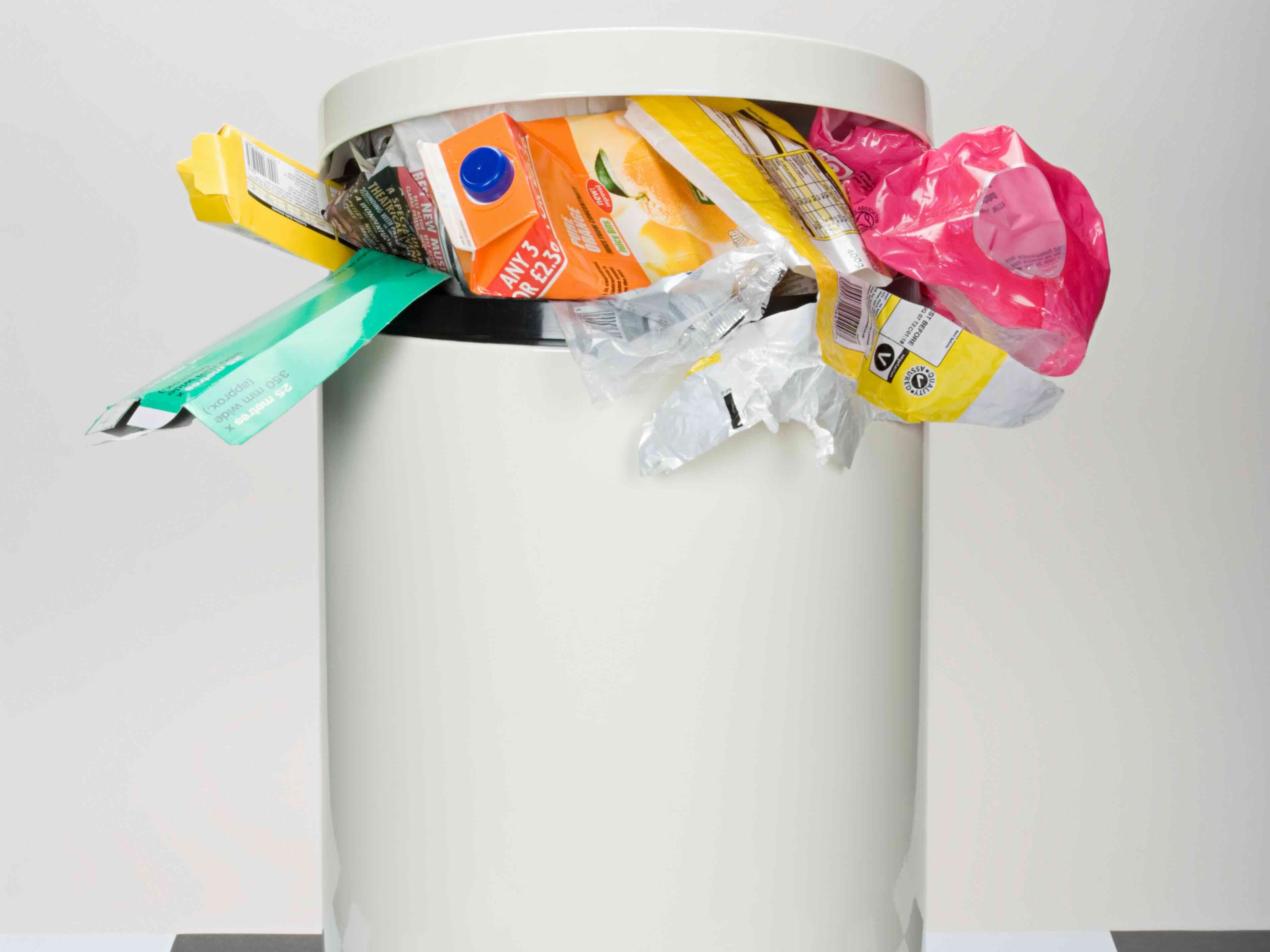
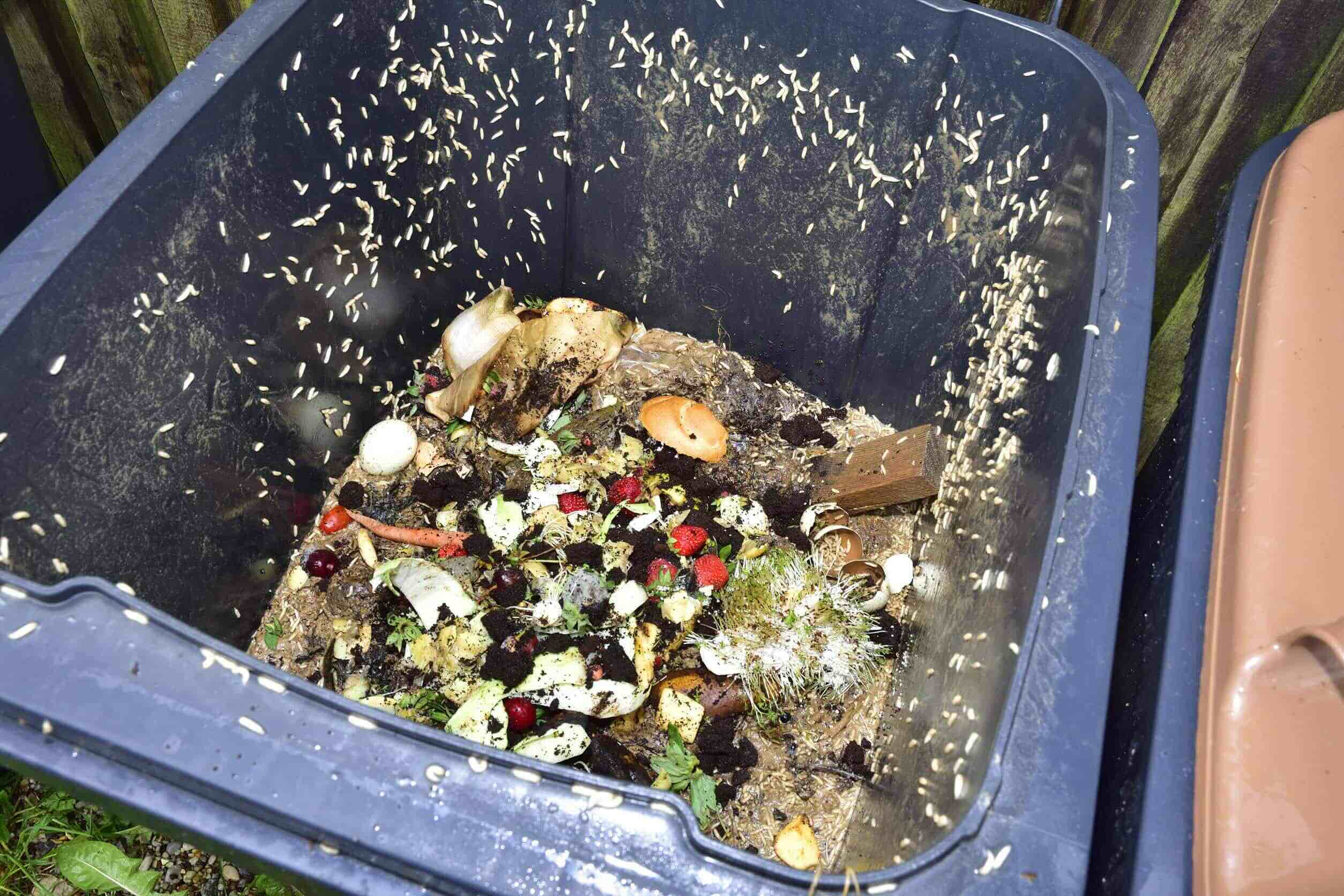
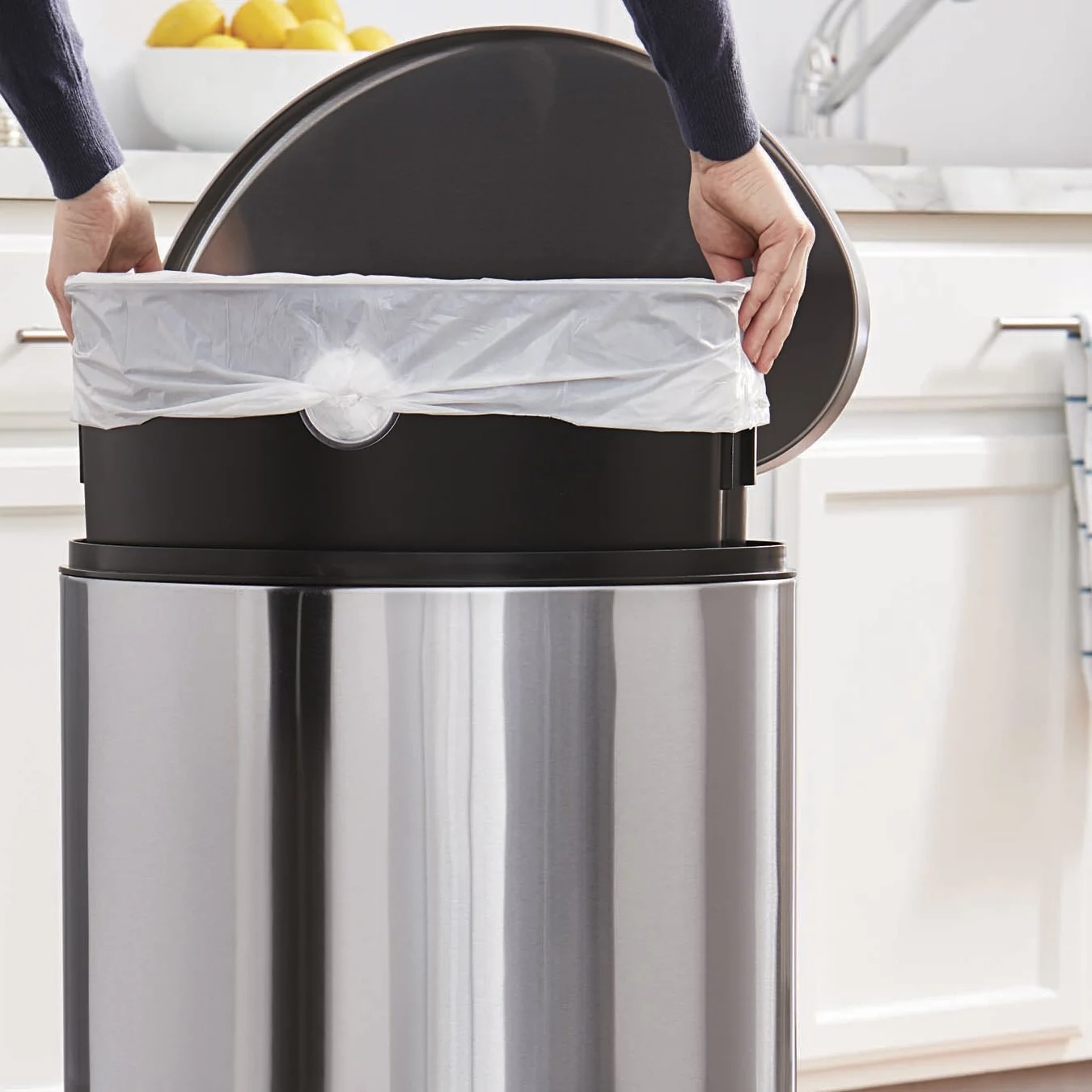
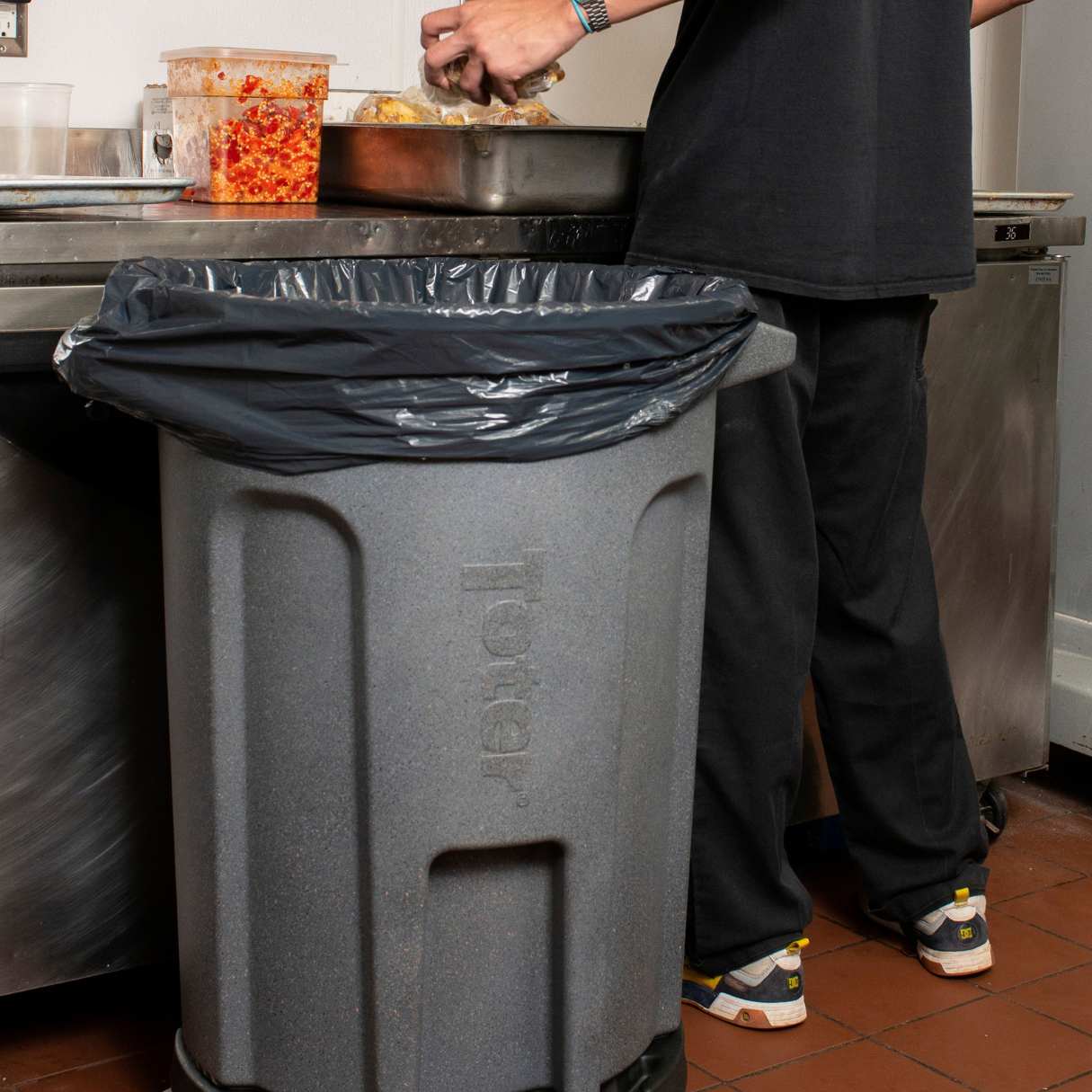
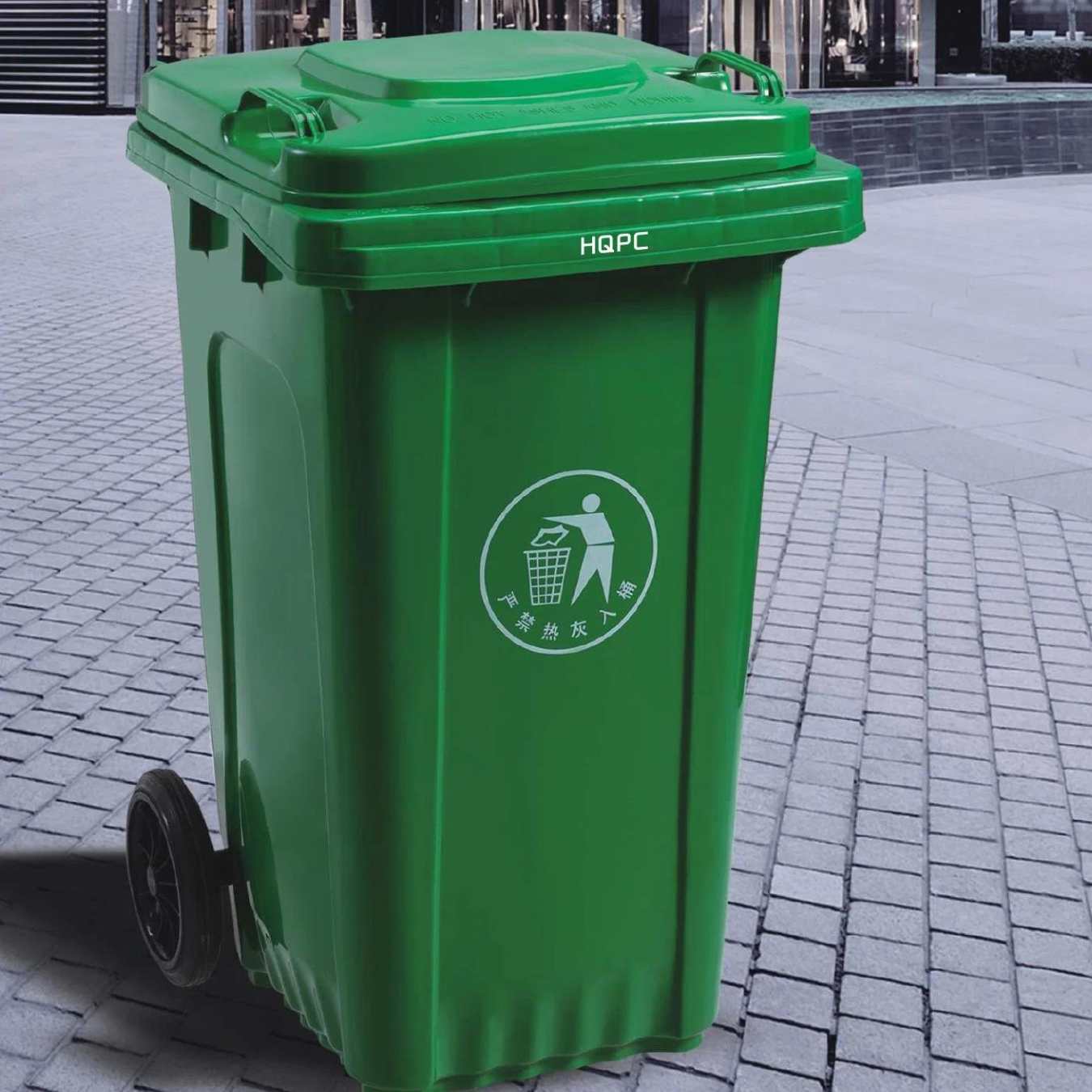
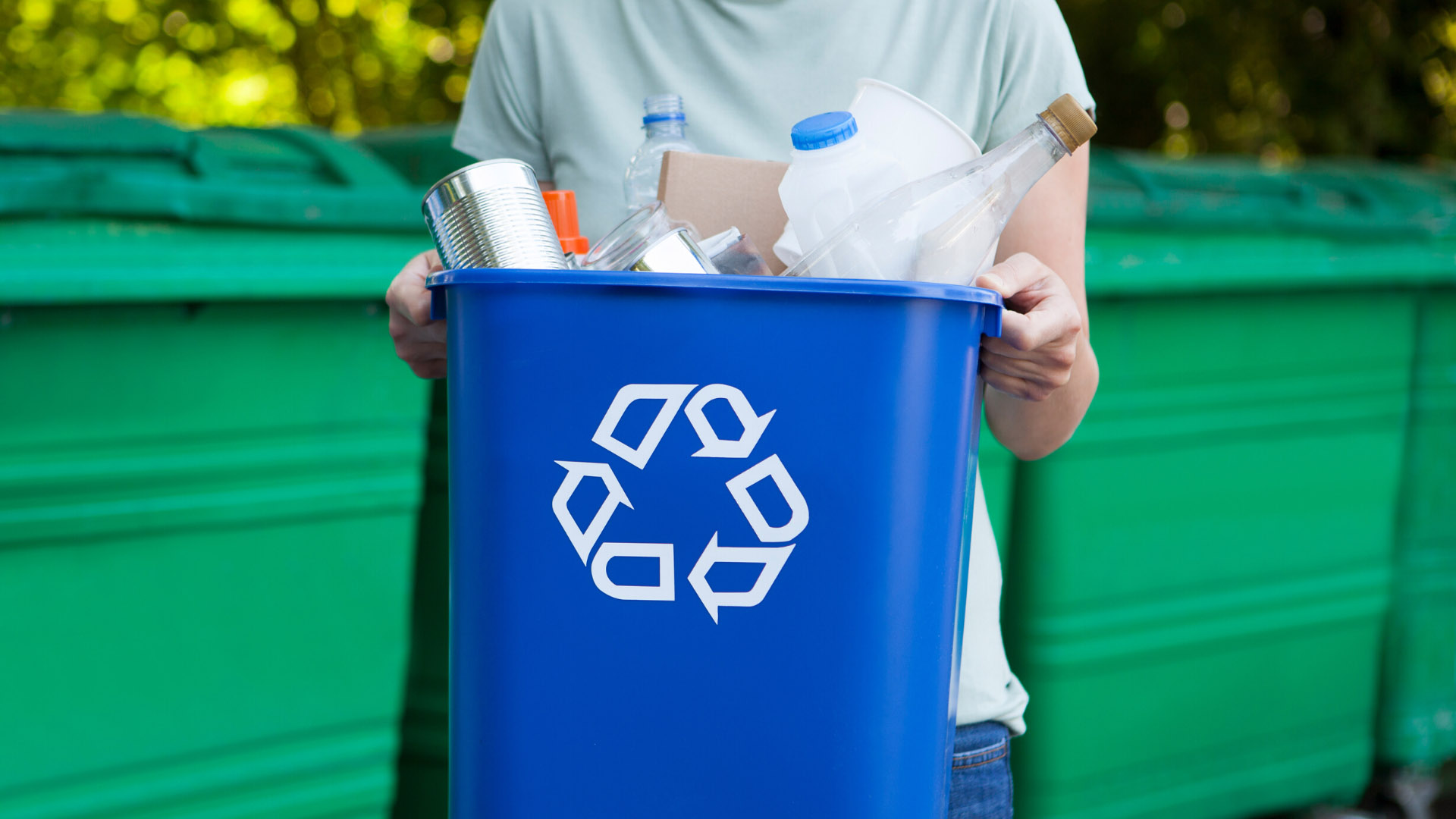
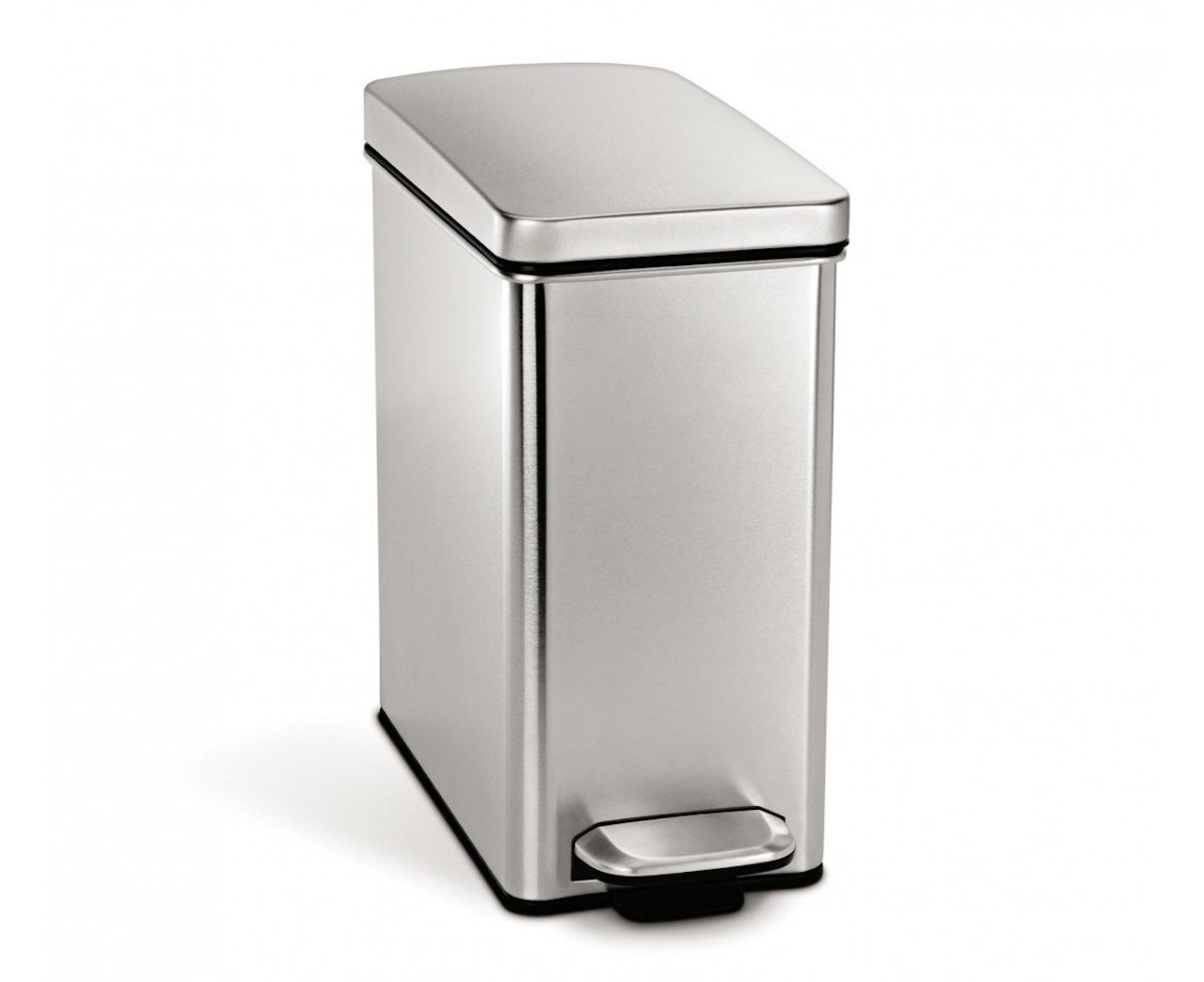
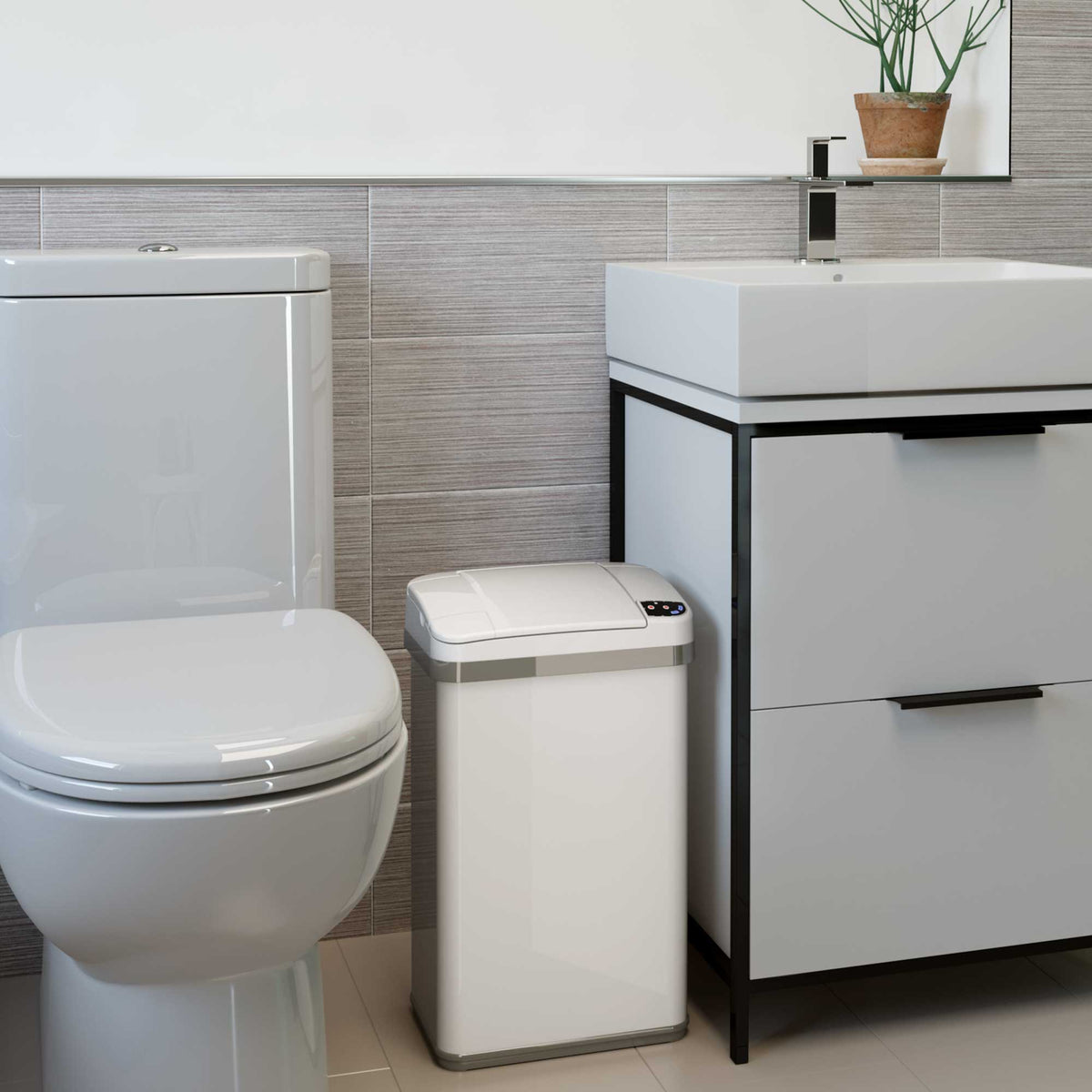
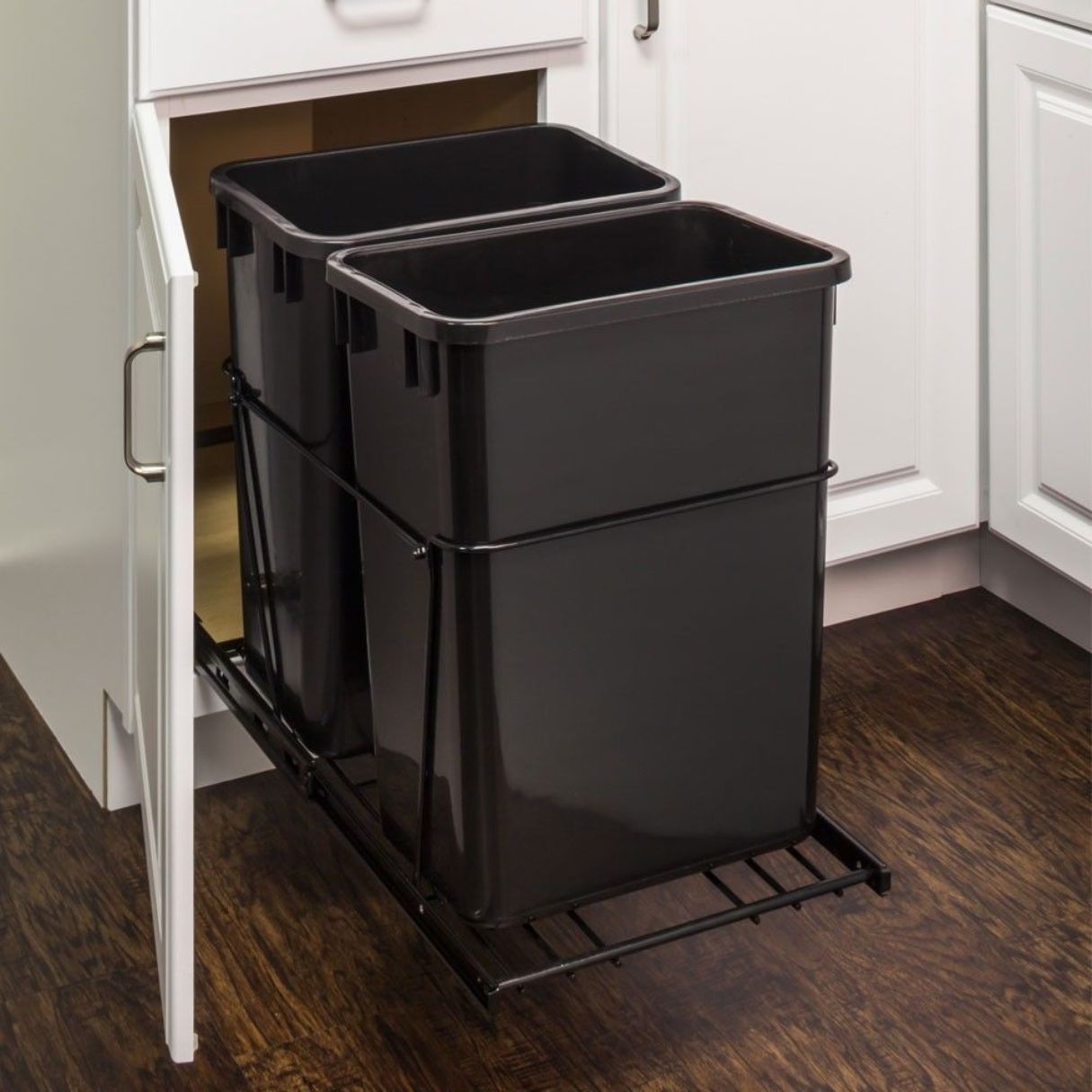
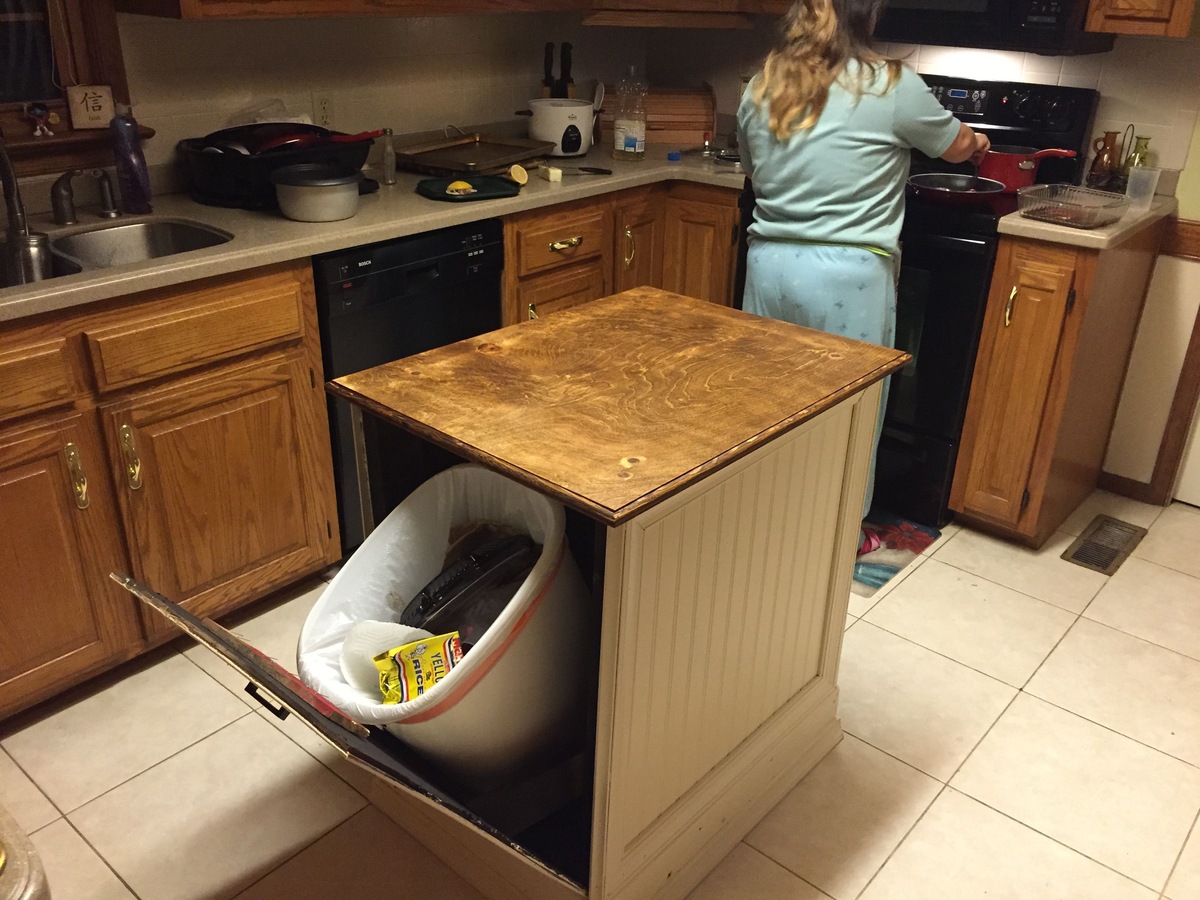

0 thoughts on “What To Put In Trash Can To Prevent Maggots”